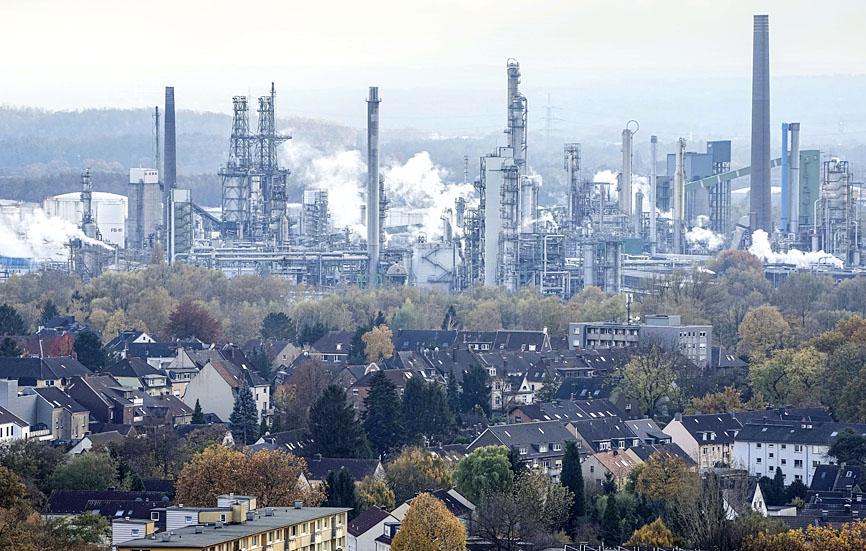The mood in the German economy continued to deteriorate in August. The Ifo Business Climate Index, Germany’s key economic barometer, fell to 86.6 points from 87.0 points in the previous month, as reported by the Munich-based Ifo Institute on today, August 26. This marks the third consecutive decline.

Companies assessed their current business situation more negatively, and their expectations for the coming months became even more pessimistic. “The German economy is increasingly slipping into crisis,” said Ifo President Clemens Fuest.
A recent survey of purchasing managers in the German private sector had already dashed hopes for an economic upturn. The barometer fell further below the growth threshold of 50 points in August, according to S&P Global.
After a 0.2% increase in the first quarter of the year, Germany’s GDP contracted by 0.1% from April to June due to declining investments. However, the Bundesbank currently does not expect a recession, forecasting a slight increase in GDP in the ongoing summer quarter.
Expert opinions on the worsening economic climate
Elmar Völker, LBBW: “At least the decline was smaller than in the previous month, particularly in the expectations component. Nevertheless, there aren’t many reasons for optimism at the moment: The global economy is struggling, geopolitical risks persist, and the outcome of the U.S. presidential election adds further uncertainty. Last but not least, the performance of the German government is causing more confusion than a sense of renewal. Hope for improvement may come at the earliest by the end of the year, once there’s a clearer picture of the U.S. situation.”
Thomas Gitzel, Chief Economist, VP Bank: “The economic recovery is on hold for now. The German economy continues to teeter between recession and minimal growth. Weak global trade is a severe burden on the export-dependent German industry. Additionally, private households are unlikely to provide positive economic impulses. While real net incomes have increased significantly, including tax-free inflation compensation premiums, this only applies when considering one-off payments. Since these are not permanent, consumption will not recover sustainably.”
Alexander Krüger, Chief Economist, Hauck Aufhäuser Lampe: “The outlook for the German economy remains grim. It was likely the political summer recess that prevented companies from further declines in the absence of new bad news. The assessment of the situation still points to ongoing economic sluggishness. The struggling automotive industry also dampens any hope of an economic turnaround. There are no reasons for a sustainable improvement in sentiment at this time. Given this outlook, even slight economic stagnation would be considered a success.”









